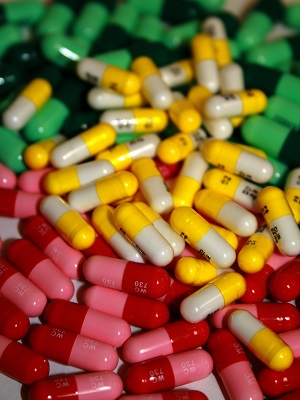Addiction is a habitual repetition of excessive behaviour that a person is unwilling or unable to stop, despite its harmful consequences. Addictions do not only include physical things we consume such as drugs, alcohol, but also includes being psychologically addicted to certain activities such as gambling, pornography or seemingly harmless products such as chocolates.
In other words, it refers to a substance dependence [drug addiction] or behavioural addiction [gambling, exercise abuse, sex etc]
In other to fully grasp this topic, the meanings of the following words need to be understood for the purpose of clarity:
Substance dependence: when an individual persists in the use of alcohol or any other drug for non-therapeutic reasons despite the problems related to its use.
Tolerance: is the process by which the body continually adapts to the substance and requires increasingly higher amounts to achieve the original desired effects.
Withdrawal syndrome: refers to physical and psychological symptoms experienced when reducing or discontinuing a substance that the body has become dependent on. Symptoms of withdrawal generally include but are not limited to anxiety, irritability, intense craving for the substance, nausea, hallucinations, headaches, cold sweats and tremors.
Difference between a habit and an addiction
Simply put, for a habit, the individual is fully aware of his choices and actions and may easily break free from such patterns without much consequence. However with addiction, the individual cannot break free so easily despite the intentions or desires to do so.
SIGNS AND SYMPTOMS OF ADDICTION
They vary according to the individual, the substance abused, their family history [genetics], and personal circumstances.
Those affected have some of the following:
•Overdependence- cant engage in normal daily activity until substance is taken [eye opener]
•Harmful use: continued use despite awareness of its debilitating health side effects
•Tolerance
•Loss of interest in previously enjoyable social and recreational activities, with substance use taking pre-eminence
•Maintains steady supply despite financial constraints
•Takes risk to ensure substance is obtained
•Maintain secrecy and solitude
•problems with the law
•Problems with maintaining healthy inter personal relationships.
ASSOCIATED RISK FACTORS
•Genetics- some more susceptible than others
•Gender- males take more risks
•An existing mental illness
•Peer pressure
•Loneliness
•Age at first use
•Stress
TREATMENT OPTIONS: first step is to acknowledge the problem.
Next is to seek help. Treatment depends on the substance type, and its effects on the individual. Some include:
•Treatment programs-focuses on getting sober and prevent relapse
•Psychotherapy- one-on-one or family sessions
•Self-help groups- meeting people with similar problems. Eg AA-Alcoholics Anonymous
•Help with withdrawal symptoms including detoxification and substance abuse treatment
COMPLICATIONS OF ADDICTION
•Risk of HIV/AIDS, Hepatitis, via sharing of injection needles
•Accidental injuries
•Suicide and its tendencies
•Interpersonal relationship problems
•Child neglect/abuse
•Unemployment, poverty, homelessness
•Problems with the law etc.
With all said, its amusing to note that rarely do we find people addicted to charity, work, or studying etc. I Don’t know anyone who has uncontrollable impulse when its book related (not novels or magazines).
There is this picture that says “some take weed or take alcohol for a few months and get addicted, but I’ve been studying since birth and still I cannot get addicted… (Irony of life). People never get addicted to good things. SELF CONTROL is the way forward!”




Plz could sm1 be addicted to buks also and get affected?
Nice. Addiction is not yet seen as a problem on Africa given that there is still little or no awareness on the topic. Thanks for this post.